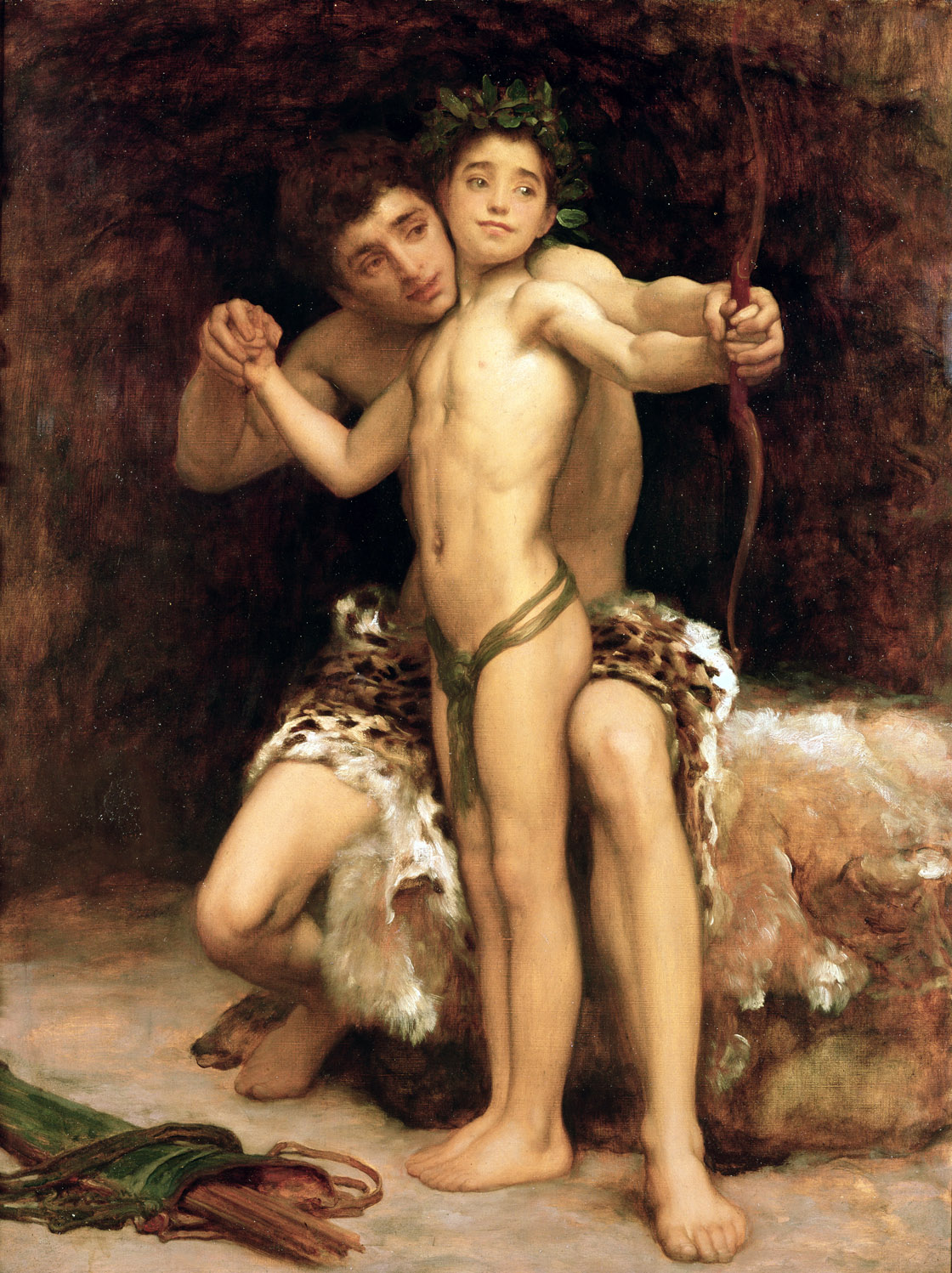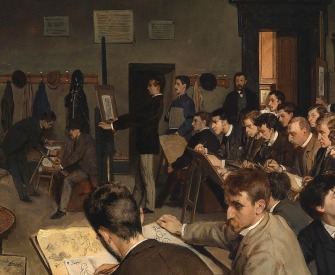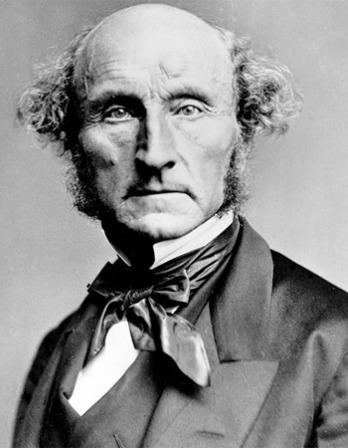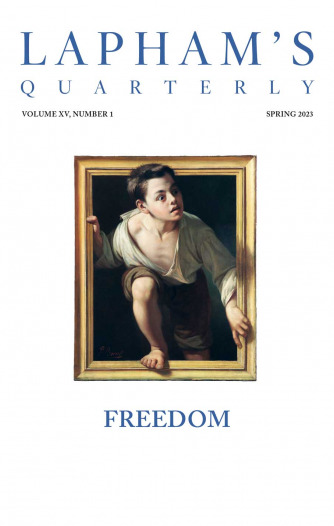All women become like their mothers. That is their tragedy. No man does. That’s his.
—Oscar Wilde, 1895Meeting the Birds and the Bees
J.R. Ackerley’s sex education.
Child psychology is a tedious subject, and if I advance one or two facts about my early childhood, I do so in no seriously scientific spirit or belief in their significance. I was a persistent bed-wetter. My Aunt Bunny told me that, like my brother, I was an accident and a “little unwanted” and that some attempt was made to prevent my arrival also. Possibly it was more perfunctory, possibly my instinct for self-preservation preserved me; at any rate, I emerged a robust and healthy child, but became a persistent bed-wetter. Psychology, I believe, has abandoned a theory it once held that bed-wetting is a kind of unconscious revenge mechanism; I am sorry if that is so, for it seems to me an amusing notion that I might have been pissing upon a world that had not accorded me the wholehearted welcome my ego required. But whatever may be thought of that theory now, my parents could hardly have known of it then, for child psychology was not invented, nor would my father, I hope, have had the impudence to beat me for my behavior, which he eventually did. A good deal of patience, it is true, must have been expended upon me for years, and many a good mattress did I ruin until I slept permanently upon rubber sheets. Then came a time when the practice ceased, then it began again in my early teens. I myself, of course, knew nothing about it, only that at first it was pleasantly warm, then unpleasantly cold, and in the resumed cycle I used to dream, I recollect, that I was standing in a urinal—a devilish dream, for what more natural than to pee? At any rate, when I began once more to ruin the new and unprotected mattresses with which I had at last been entrusted, my father denounced it as “sheer laziness,” to which, I fancy, he had long attributed it, and taking down my trousers in front of my protesting mother he beat me upon the bare bottom with his hand.
This is not recommended treatment, I believe, for my particular weakness, or strength, whichever it was, nor is it recommended for building up a relationship of love and confidence between father and son, and I still faintly remember the embarrassment and humiliation I felt when I pulled and buttoned up the trousers he had taken down before laying me across his knees—though, memory being what it is, I can’t be sure that this was on that particular occasion, for he beat me for other things as well, though not often and not hard, and if these chastisements had upon our future relations any effect, I certainly never bore him any conscious grudge.
Another disadvantage to which he may be thought to have put himself in regard to us children was that throughout our formative years he was what may be called a “weekend” father, if as frequent as that. He had a flat in Marylebone where, according to Aunt Bunny, he led a gay, free bachelor’s life—“all the fun of the fair,” as she put it—and to which my mother was never invited. We were therefore brought up and surrounded by women, my mother, aunt, grandmother, his sisters, old Sarah and various nurses, governesses, and maids, while he himself was an irregular weekend visitor: in 1900, for instance, eighteen months after my sister’s birth, he departed with his friend Arthur Stockley for Jamaica on a business trip. It was not until 1903, when he removed us again, this time to the first of the three houses we were to occupy in Richmond, Surrey, that he lived with us and we became a united family.

The Hit, by Frederic Leighton, c. 1890.
Such a father might well be an awe-inspiring figure to small children, and that was the aspect he sometimes assumed. For of course we were as naughty and disobedient as children are likely to be when reared almost entirely by sweet, kind, doting women in whom all sense of discipline is lacking. My poor, dear, scatterbrained mother to whom, in particular, we paid so little heed, would sometimes be driven by our unruliness, impertinence, or downright cruelty to say, “I shall have to tell your father when he comes,” and occasionally, provoked beyond endurance, she did—and that was how I got my beatings. The dogs, too. We always had household dogs, and my father was dispenser of justice to them also, for no one but he would “rub their noses in it” to house-train them, or take punitive action against them, the “good hiding,” for other offenses. It is fair to say that he came to us generally in the guise of Father Christmas, loaded with presents, but if we or the dogs were in disgrace, he came as a figure of retribution, and it may be that, for this reason, he did not perfectly earn his way into my childish heart. But I would not care to make too much of all this as affecting the confidential relationship he himself offered my brother and me some years later.
It must have been about the year 1912, when I was turned sixteen, that he invited the two of us into the billiard room of Grafton House, the second and largest of our three Richmond residences, for a “jaw,” which could hardly be called “pi” and which he himself described as “man to man.” We were both at the age when boys have normally discovered the pleasures of masturbation, and if that delightful pastime can be overworked, no doubt we were overworking it. Probably we both looked a trifle yellow, and my father thought the moment had come for a friendly chat. The precise way he approached this delicate subject I don’t recall; I am sure he did it as decently as could be done in the circumstances—the circumstances being that he had left it all rather late. The ground for such intimacies needs some preparation, and in common with many English children of our class and time, our education in such matters had been totally neglected. Worse than neglected, I, at least, had been misled and reached my preparatory school supposing that I had been delivered to my parents by a stork, a naiveté that won me the ridicule of other boys. Indeed, considering what I afterward learned of my father’s behavior, and of the license and impropriety of his relationship with my mother, I think it a trifle dishonest of them to have excluded me so completely from that freedom of thought in which they themselves seem to have indulged. At any rate, by the age of sixteen, such knowledge of sex as I had gained I had gained for myself, and it had become tinged with slyness and guilt.
My father had sent my brother and me to Rossall School, preparatory and public, in Lancashire, his own territory, partly because he believed it to be a good, healthy, roughish school where we would get plenty of exercise and have “the corners knocked off us,” partly because his own North Country friends sent their boys there, partly to put us out of reach of the “mollycoddling” influence of the women. I was a cherubic little boy with large blue starry eyes; my first nickname was “Girlie,” and at the public school older boys soon began to make advances to me. In my very first term there, the head of my house, who seemed to me more like a man than a boy, used to sit on my bed in the darkness, night after night, begging to be allowed in and whispering into my ears things that terrified me almost to tears. He never got his way with me, whatever his way may have been, and for long after he left, happily for me at the end of that term, I continued to hate his memory and think of him as the devil. I don’t remember when I started to masturbate, but this was my first introduction to love. Later, a ginger-headed boy used to crawl across the dormitory floor to my bed after lights out and, lying on his back on my strip of carpet, beseech me in whispers to let him in, or failing that, to stretch down my hand. Him too I resisted for a time, but he was more my own age than my previous wooer, less alarming, and I was eventually cajoled into stretching down my hand. I remember that I found the touch of his hot flesh and the smell of his stuff on my fingers more repugnant than exciting; for a long time I disliked the smell of semen, unless it was my own; I have never been able to enjoy other people’s smells—farts, feet, armpits, semen, unwashed cocks—as I enjoy mine. Later still I became more accustomed to the prevalent depravities of this excellent school, so discerningly selected by my father, in which I was never bullied or, when my first too-mysterious and monstrous wooer had gone, unhappy.
This, then, returning to my father, was one of the young minds to which he addressed himself in the billiard room of Grafton House in 1912. He admitted, I remember, his own early participation in the practice in which he thought it advisable to counsel moderation, then took occasion to add—getting it all off his chest in one, and providing for the future as well as the present—that in the matter of sex there was nothing he had not done, no experience he had not tasted, no scrape he had not got into and out of, so that if we should ever be in want of help or advice we need never be ashamed to come to him and could always count on his understanding and sympathy. That this was an excellent and friendly speech I realized when I was older; that I never took advantage of it is the whole point of this book; even at the time, my brother thought that the “old man” (my father was then forty-eight) had behaved “very decently,” but I myself was embarrassed and shocked. I had never associated my father with sex, indeed it was hardly more than a couple of years ago that I had innocently failed to associate him with the production of myself. Deprived of my stork, I was brought to understand, without ever pondering it, that many years ago my parents had come together to create a family, that was all. It was what people married for, and they had achieved it. Since then, of course, there had been nothing more for them to do but raise and protect us and work for our good.
To hear my father now complacently admitting to, even boasting of, extensive sexual misconduct was disconcerting and distasteful. Indeed it had absolutely no reality and I put it aside. My brother and I never discussed it, and for a great many years I did not think of it again or wonder what exactly my father had meant or what he had done. Whatever it was it lay in a remote past, and there it remained. It made no difference whatever to my present view of him and of my mother as staid, elderly people who, all passion spent, had fulfilled their lives in the creation of ourselves. Physical love belonged to the young. It did not enter my head even that my father might still be having congress with my mother, let alone with anyone else; all that belonged to the past; they slept now in separate bedrooms; their sexual day was done.
© 1968 by the Executors of the late J. R. Ackerley. Used with permission of Harold Ober Associates Incorporated.

J.R. Ackerley
From My Father and Myself. Joe Randolph Ackerley enlisted in the army at the age of eighteen in 1914, sustaining a wound and enduring eight months of imprisonment in Germany in 1918—an experience he revisited in The Prisoners of War, published in 1925. Between 1935 and 1959 he served as the literary editor of the BBC’s magazine, The Listener. His memoir, detailing his familial and sexual life, was published posthumously in 1968, followed by E.M. Forster: A Portrait in 1970 and his correspondence, The Ackerley Letters, in 1975.




